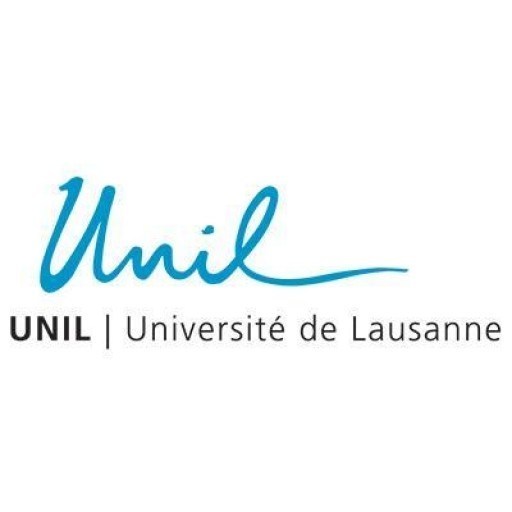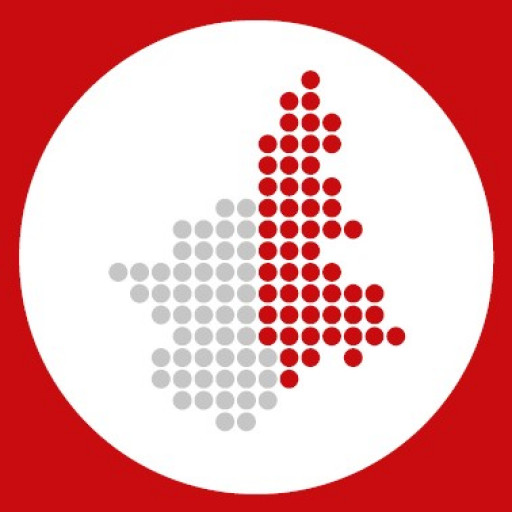Photos of university / #ucl
This MSc aims to provide sufficient knowledge of advanced medically related anthropology to enable students to utilise anthropological approaches in a range of research and professional roles. We train students in theoretical and applied aspects of the field, preparing them for careers that engage with and impact real-world contexts.
Students new to social science develop an understanding of a social science approach to the experience of illness and health, and gain skills required in social anthropological field research and analysis. For students with previous social science training, the programme focuses on the dimensions particular to medical anthropology.
Students undertake modules to the value of 180 credits.
The programme consists of two core module (45 credits) optional modules in three distinct fields (45 credits) and a research dissertation (90 credits).
Core modules
- Clinical Ethnography
- Medical Anthropology
Optional modules
- *Medical anthropology options are available in the following areas:
- Anthropology of Science, Society and Biomedicine
- Ritual Healing and Therapeutic Emplotment
- Anthropology of Ethics and Morality
- Anthropology and Psychiatry
- *Students may also choose from among a variety of other options within and beyond medical anthropology
Dissertation/report
All MSc students undertake an independent research project which culminates in a dissertation of 15,000 words.
Teaching and learning
The programme is delivered through a combination of lectures, seminars, small-group presentations and discussion, tutorials, laboratory and practical work, independent directed reading, interactive teamwork, and video film and web based courses. Assessment is through one examination, two essays, optional module requirements and the research dissertation.
A minimum of an upper second-class Bachelor's degree in a relevant discipline from a UK university or an overseas qualification of an equivalent standard.










